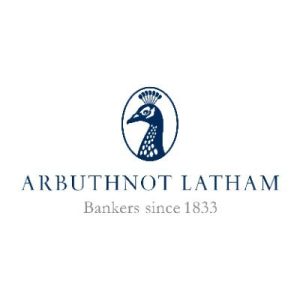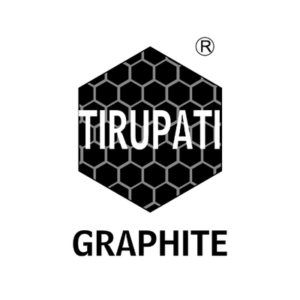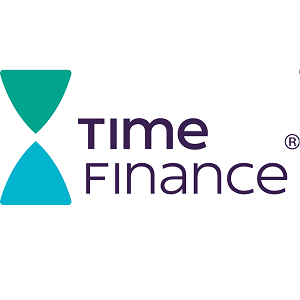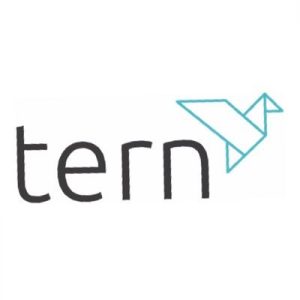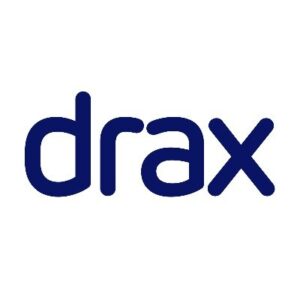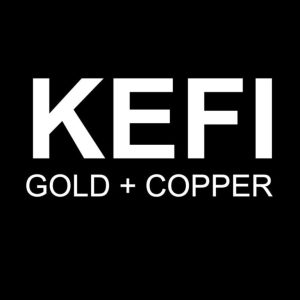This is a transcribe of our exclusive interview from the 15th December.
African Potash (LSE:AFPO) CEO Edward Marlow caught up with DirectorsTalk for an exclusive interview to discuss why they are currently undervalued, why they are one of the cheapest producers of potash on the planet and the outlook for African Potash.
Q1: Can you provide us with a bit of background as to what your company does? You’re an explorer for potash in sub-Saharan Africa. What’s the resource you’re sitting on and what’s the timeframe for recovery or a successful venture there?
A1: We’re sitting on an exploration licence in the Republic of Congo, now secure because we’ve done some exploration drilling which has been enormously successful. We’ve got a minimum of 5 years left on that licence which will the convert automatically to a mining licence when we want to. If you look at our next door neighbours, we would have better grade than Mag Industries, who are just south of us, who we expect to go into production in the next 2 years, they are owned by a Chinese group called Evergreen. And moving towards similar grades to Elemental Minerals which is a high grade resource over 500 million tonnes of sylvinite, has an NPV of around $2.8 million. We are unfortunately caught in the storm of the general malaise resource, junior resource companies, without really being something that should be caught in that storm because potash as a commodity is something that the world will continue to need and it’s really a question of cost of extraction then.
Q2: So it’s not economically cyclical in terms of demand?
A2: The market will continue and the demand will continue and will grow. There is supply out there and to some degree the cost of that supply has been manipulated by a couple of cartels. That was rather blown up by the Russian-Belarus cartel having a little tiff and falling out which reduced the price of potash to round about $300 a tonne, it has started to move up again and that seems to have resolved itself and the really big potash players are predicting $400 a tonne plus going forward. The Republic of Congo, they have mined potash in the past up until the 1970’s, the expectations from my 2 neighbours is you would be producing potash at sub $100 a tonne so if you had in your financing costs etc. you can see the margins on that. We would expect on our ground to have, at the worst case, a high grade carnallite resource which is solution minable because we have flat laterally seams and we’ve proven that. The expectation is because we have sylvinitic conversion in our licence area is that we’ll have a high grade sylvinite resource going forward. Of course, I am talking to strategics because the big demand comes from China, Brazil and India. Those strategics are all interested in sourcing future supply, India has really come to the table recently since their change in government. The Chinese slowed up a little bit because as we know, the anti-corruption drive in China has slowed down a lot of the Chinese debt that is going to big projects but it does mean that there’s other opportunities. So we genuinely have a project which will produce potash at some point, that we’ve shown. We genuinely have a project which some of them will want to acquire, there is no other decent licence available in the Republic of Congo. We genuinely have a licence that’s now secured with the support of the Congolese government which will become a mining licence given time. Cost of turning that into a mine is considerable but ours, because of the lateral seams we have, will be one of the cheapest producers of potash on the planet. So as opposed to spending $1 billion building the mine, you’d probably be spending around $500,000 with solution mining. If it’s an Indian group who are actually doing that, obviously the cost of funding is considerably less because they’ll be government sponsorship etc. I would certainly say to shareholders, with our share price is at an all-time low, is that we are enormously undervalued, partly because the general market malaise has pushed us down.
Q3: You’re seen as a discretionary commodity rather than what potash actually is, which is more of a necessity?
A3: It is a necessity and we can all talk about agricultural revolution, the growth of population, the need for food etc. but without a doubt the 2 largest countries in the world (by population) are massive net importers so they don’t produce any of their own, the Chinese have a little bit, very low grade, and the Indian’s have none. They have to bring it in and they have to pay for it. As the price drops a little bit which wouldn’t knock us too hard, the demand increases because it then becomes a discretionary buy for a farmer, they can then afford it in a different way. Without it, you do not have the yields that growing populations need, simply fact.
Q4: Going forward for 2015, there will be people trying to make it to the end of 2014 with the way the stock market is, what’s the outlook for your company?
A4: I think our outlook is strong. I’ve got an asset within my company which has a real value. Unfortunately with share prices being dropped down, it doesn’t help me when I’m actually trying to sell that because if I was a strategic investor, I would want to base my eventual price on where your market cap is, they’ll take a view and pay a premium which it’s around £4 million. Realistically, my next door neighbours have market caps of around $70 million, they’re massively undervalued but still considerably more than us as you can see. It doesn’t take us a lot of work to get a similar resource to them actually. I would think for $5-6 million, I would get a similar resource to MAG industries.
Q5: So at the moment, there’s a disconnect between what you think the company is worth and what it’s been valued at but hopefully over the next 12 months, the differential will be narrowed?
A5: I’m not the only one that’s saying this but I genuinely believe this with the potash that there actually is this huge disconnect from the market.


